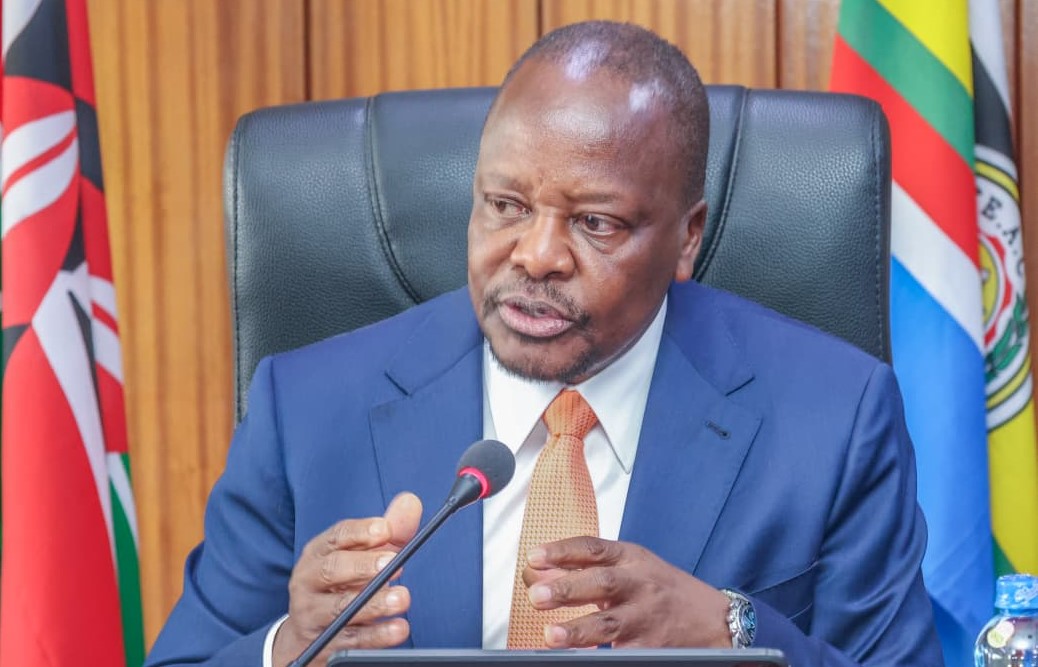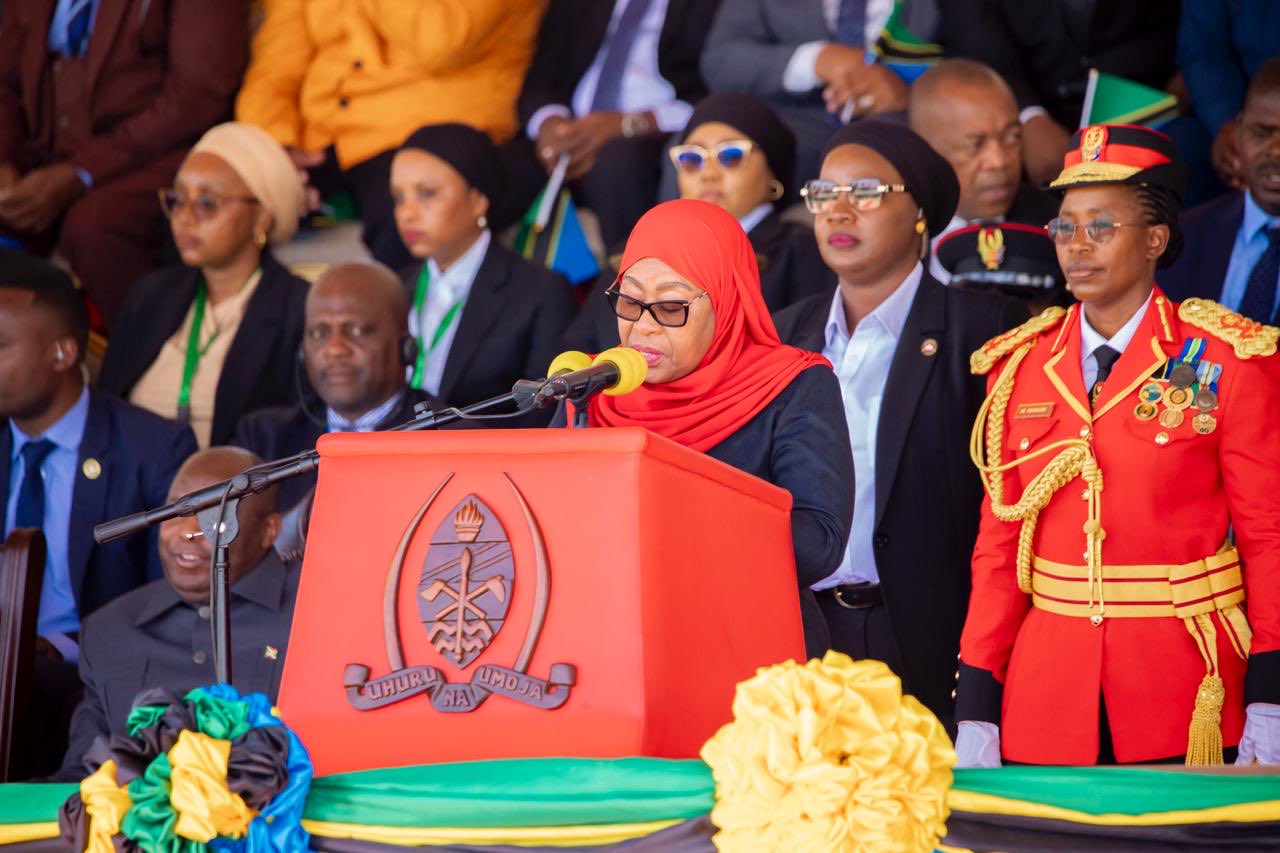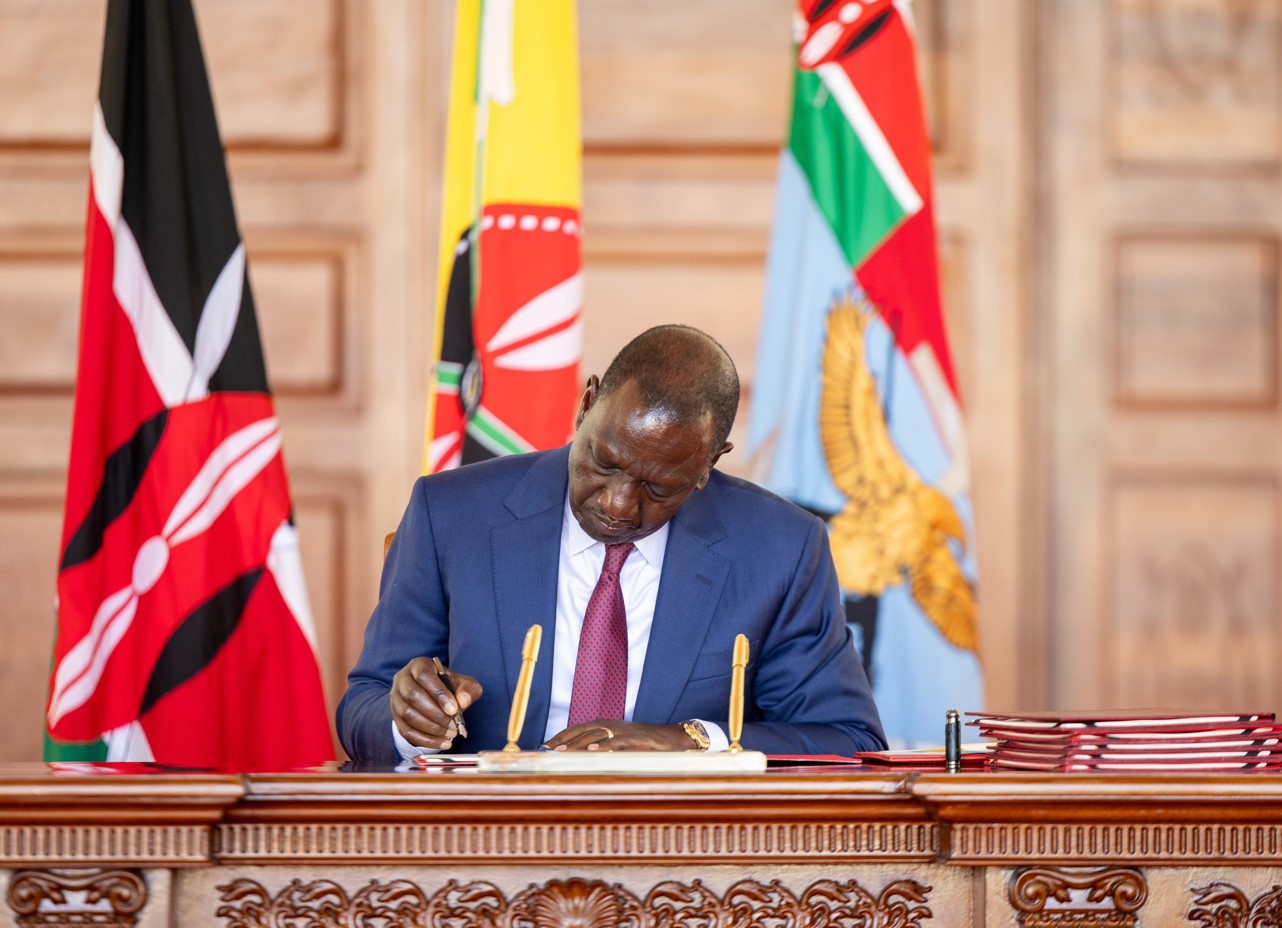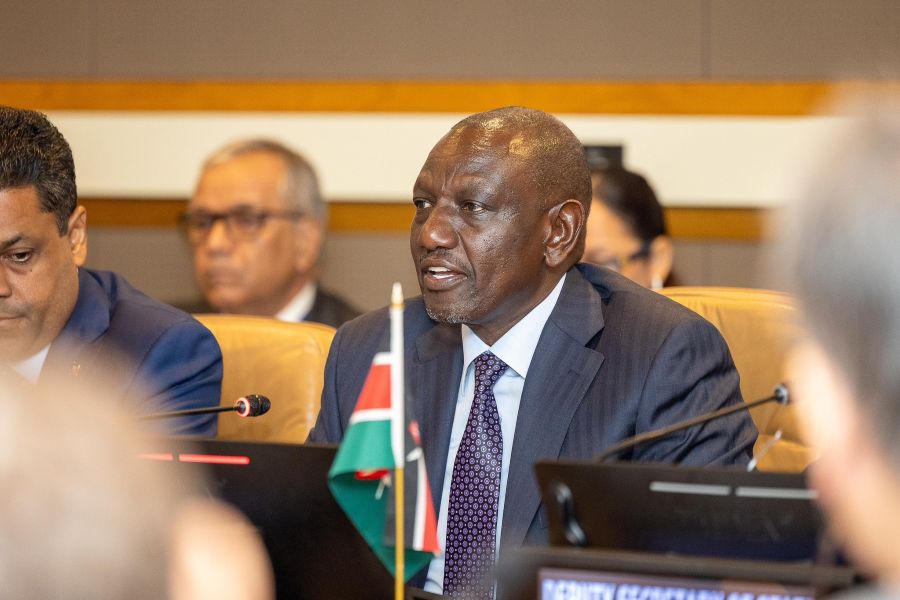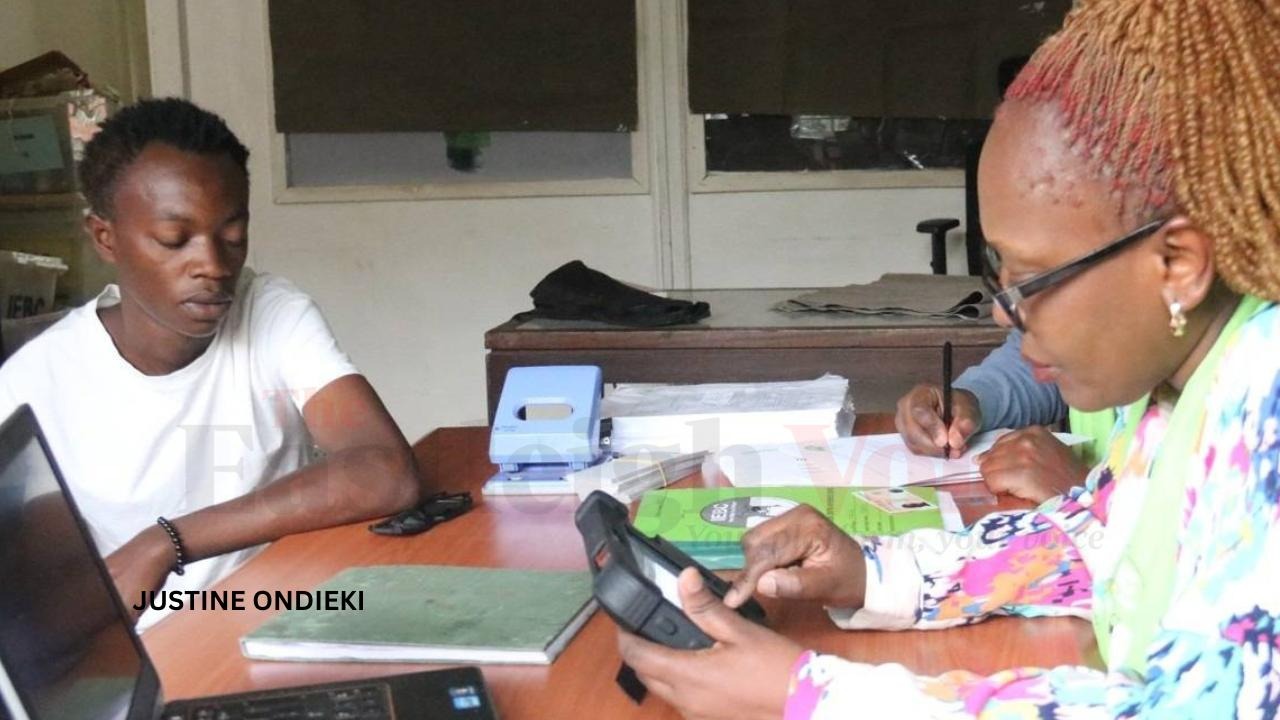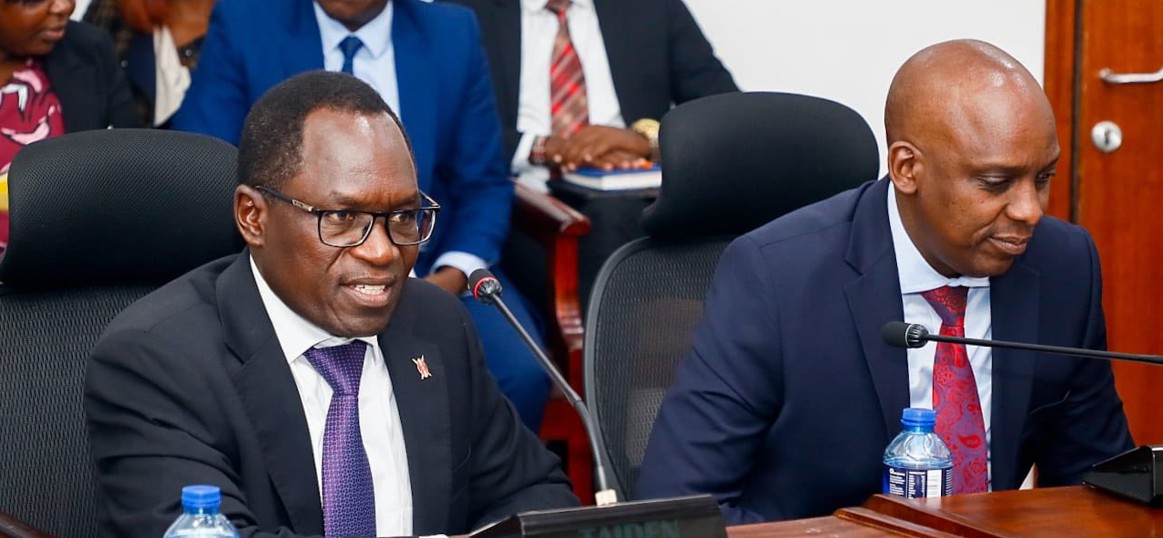Government sets annual standard fee of Sh53,554 for all public senior boarding schools

Schools must also issue clear fee structures at the start of the academic year, designate official payment channels, provide receipts and may allow instalment payments for parents.
All public senior boarding schools will now charge a standard fee of Sh53,554 per year, as part of new guidelines aimed at promoting fairness, transparency and accountability in school finances while easing the financial burden on parents and guardians.
According to the Ministry of Education Guidelines for Implementation of Senior School Education 2025, the fee structure applies to all categories of boarding schools and aligns with the government’s commitment to accessible, quality education.
More To Read
- Revised fees framework to address parent concerns ahead of 2026 senior school transition
- Principals unveil revised senior school fees ahead of 2026 transition
- Survey reveals widespread illegal fee demands in Kenyan public schools
- Nairobi’s St Anne's Girls School directed to improve student clearance procedures after Tuesday incident
- Police intervene as St Anne's Girls School locks out students over unpaid fees
- Mombasa governor wants Senate to help protect county-funded bursaries
The guidelines direct that fee collection must follow transparent and accountable processes and all funds must be deposited in official bank accounts, properly recorded and used exclusively for their intended purposes.
Schools must also issue clear fee structures at the start of the academic year, designate official payment channels, provide receipts and may allow instalment payments for parents.
“Schools must communicate fee collection deadlines well in advance to give parents sufficient time to prepare for payment. They must designate official payment channels, provide parents with official payment receipts for all fees paid, which should clearly indicate the amount, date and purpose of the payment,” reads the guidelines.
“Schools may also allow parents to pay fees in instalments if the full amount cannot be paid up front. This flexibility must be communicated clearly, a payment plan documented and signed by both parties to avoid disputes.”
The Ministry emphasised that no student should be sent home for lack of fees.
“The students should always remain in school. Schools are prohibited from sending away students for non-payment of boarding fees as per the Basic Education Act (2013),” reads the guidelines.
Additionally, schools must consult the PA regarding levy increments, special levies or development projects that require additional financial contributions from parents before seeking approval as provided in law.
Boards of Management have been urged to ensure prudent use of fees and present annual financial reports to parents. Schools are also required to provide bursaries or scholarships to support needy students.
The accounts have been divided into seven parts, including tuition, operations, infrastructure, School Fund, savings bank accounts, income-generating activities and NGCDF or donor-funded projects.
The tuition bank account will hold capitation grants from tuition, with a separate cashbook maintained for accurate record-keeping.
Capitation grants for operations are to be deposited in the operations bank account, while infrastructure funds will be kept in a dedicated account for development projects.
Parents’ contributions for student upkeep will be managed through the School Fund bank account, also supported by a separate cashbook.
The open savings bank accounts will hold funds temporarily before use, while institutions that generate income through activities such as school farms, cafeterias, or other enterprises are required to maintain separate accounts to manage these funds effectively.
Funds received from the National Government Constituency Development Fund (NGCDF) or donors will also be deposited in dedicated accounts in line with project agreements. The Ministry emphasised that withdrawal from these accounts will require prior approval from the Principal Secretary.
Each school will further be required to prepare an annual budget outlining expected income and expenditure.
Heads of institutions will be responsible for coordinating budget implementation, ensuring funds are used efficiently, following PFM Act provisions, making timely procurement decisions, and addressing budget variances.
Internal control systems, including separation of duties, approval processes, regular reconciliations and audit committees, will be mandated to safeguard assets and ensure compliance.
“Payments should only be made upon verifying delivery of goods or services. Schools must also follow proper procedures for disposal of assets, including valuation, approvals, and documentation for audit purposes,” reads the guidelines.
Further, institutions will be required to submit annual financial statements to the Auditor General by September 30, with drafts reviewed internally by the Ministry by August 31.
“The principal is responsible for maintaining accurate records and implementing previous audit recommendations. Any irregularities may lead to investigations or sanctions by oversight bodies, including the Ethics and Anti-Corruption Commission,” the Ministry warned.
Education Cabinet Secretary Julius Ogamba emphasised that the government is dedicated to providing education as a fundamental human right, reaffirming commitments under the Constitution, 2010, the Basic Education Act, 2013, and international frameworks, including SDG No. 4 and the African Union Agenda 2063.
He noted that the guidelines mark a transformative phase in Kenya’s education system, introducing a learner-centred approach to equip students with both academic knowledge and practical skills essential for the 21st century.
“These guidelines guarantee that learners receive a quality education to enable them to make a significant contribution to Kenya’s socioeconomic and cultural fabric,” he said.
Top Stories Today

